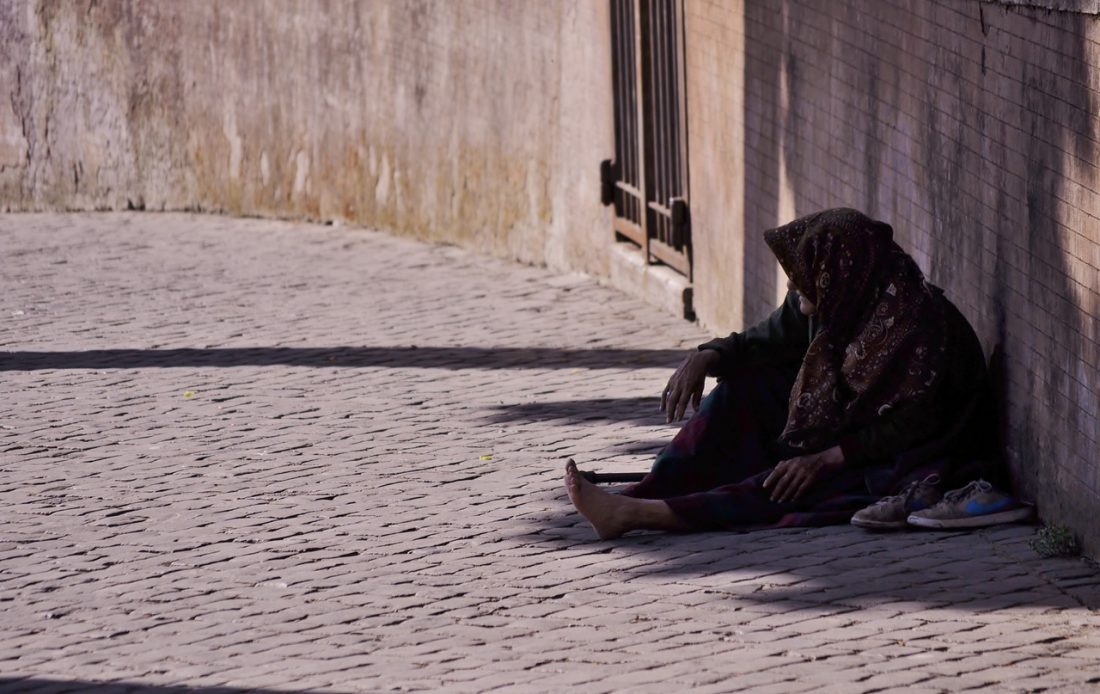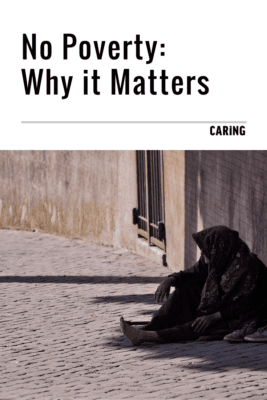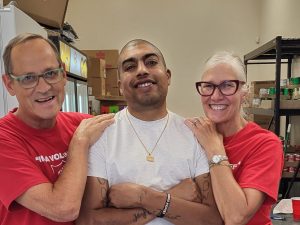The United Nations Sustainable Development Goals call for an end to poverty in all its forms everywhere by 2030.
Why?
More than 700 million people still live in extreme poverty and are struggling to fulfill the most basic needs like health, education, and access to water and sanitation, to name a few.
That’s a lot of people.
Yes. The overwhelming majority of people living on less than $1.90 a day live in Southern Asia and sub-Saharan Africa and they account for about 70 percent of the global total of extremely poor people.
Lower middle-income countries, including China, India, Indonesia and Nigeria, are home to about half of the global poor.
However, this issue also affects developed countries. Right now there are 30 million children growing up poor in the world’s richest countries.
Why is there so much poverty in the world?
Poverty has many dimensions, but its causes include unemployment, social exclusion, and high vulnerability of certain population to disasters, diseases and other phenomena which prevent them from being productive.
I’m not poor. Why should I care about other people’s economic situation?
There are many reasons, but in short, because as human beings, our well-being is linked to each another. Growing inequality is detrimental to economic growth and undermines social cohesion, increasing political and social tensions and, in some circumstances, driving instability and conflicts.
Can we actually achieve this goal?
Yes. To end extreme poverty worldwide in 20 years, economist Jeffrey Sachs calculated that the total cost per year would be about $175 billion. This represents less than 1 percent of the combined income of the richest countries in the world.
So what can I do about it?
If you are a young person:
Your active engagement in policymaking can make a difference in addressing poverty. It ensures that your rights are promoted and that your voice is heard, that inter-generational knowledge is shared, and that innovation and critical thinking are encouraged at all ages to support transformational change in people’s lives and communities.
If you are a policymaker:
Governments can help create an enabling environment to generate productive employment and job opportunities for the poor and the marginalized. They can formulate strategies and fiscal policies that stimulate pro-poor growth, and reduce poverty.
If you work in the private sector:
The private sector, as an engine of economic growth, has a major role to play in determining whether the growth it creates is inclusive and hence contributes to poverty reduction.
It can promote economic opportunities for the poor, focusing on segments of the economy where most of the poor are active, namely on micro and small enterprises and those operating in the informal sector.
If you are part of the science and academic community:
The academic and education community have a major role in increasing the awareness about the impact of poverty. Science provides the foundation for new and sustainable approaches, solutions and technologies to tackle the challenges of reducing poverty and achieving sustainable development. The contribution of science to end poverty has been significant. For example, it has enabled access to safe drinking water, reduced deaths caused by water-borne diseases, and improved hygiene to reduce health risks related to unsafe drinking water and lack of sanitation.
SOURCE: The United Nations Sustainable Development Goals














